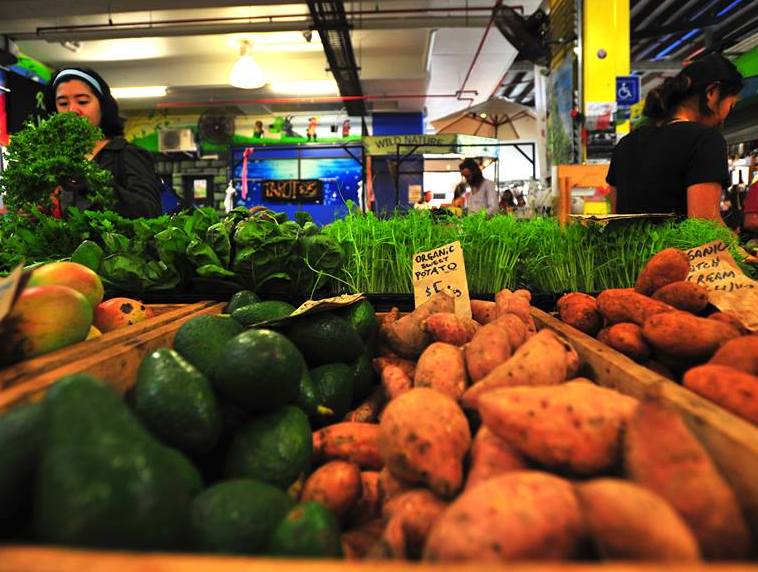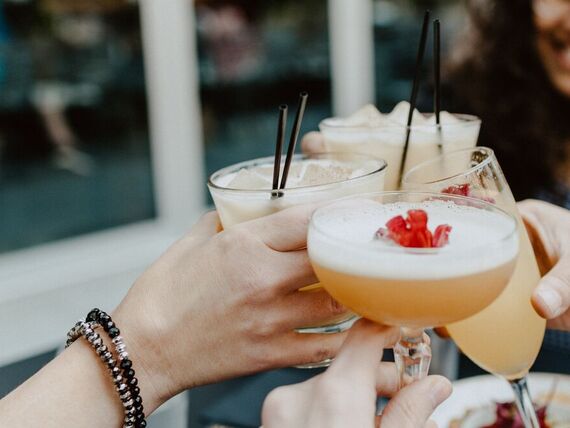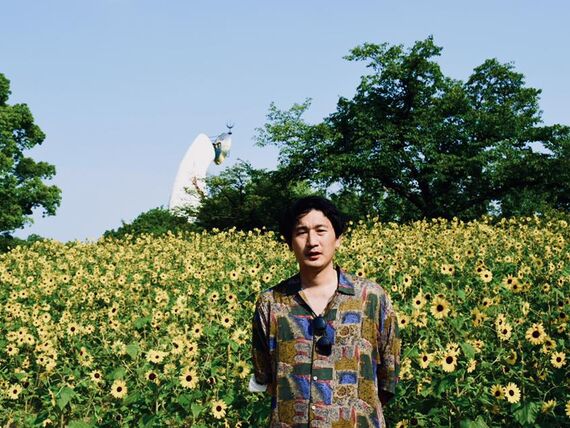What to do with the flu in the tropics
Getting the flu is a drag no matter where you are in the world. But our access to fresh local food can hold a key to preventing it in the first place, as Dr Alex Bernhardi explains.

Every now and then with unceasing regularity you will no doubt read about the topic of flu shots in the media.
Many public health campaigns explain exactly who should get vaccinated against influenza and where to get more information.
For most of us it is therefore recommended to get the flu shot either due to age, chronic disease or being at high risk of getting in contact with the influenza virus.
There are some contraindications and special considerations to take into account and it is always best to talk with your GP to decide if you can and should be vaccinated.

Depending on whether or not you fit certain eligibility criteria, you will either get the vaccination for free or you need to purchase it for small money on a script. Either way it is affordable and can be a good investment in the bigger picture: just think about days off work if influenza hits you.
In the worst case scenario, local outbreaks in nursing homes with high numbers of death occurring underline the significance of this disease.
While in temperate climates influenza outbreaks occur mostly in the colder winter months, here in the tropics we need to be wary of a constant background presence of influenza cases.
In Cairns we have different climatic variations compared to cities like Sydney and Melbourne and our seasons vary more in terms of humidity and rainfall than temperature. So while the release of the yearly influenza needle generally happens around March/April the influenza virus is a disease to be aware of all year round.
There is lots of data and evidence worldwide that vaccination can help to reduce the risk of contracting and spreading the influenza virus as well as increasing your chance to suffer milder symptoms.
But what we should not forget is that vaccination can never replace the role that our own immune system plays.
Our immune system is a fascinating network depending on lifestyle factors such as nutrition, reasonable sun exposure for Vitamin D, physical activity and sleep.
It gets disturbed by too much physical and mental stress, lack of sleep, malnutrion, ageing and environmental toxicity.
While we cannot prevent the ageing process we can change most of the other factors by simple, mostly common sense behavioral changes.
One of the biggest issues is our nutrition – the food that we eat.
Fresh food contains various substances that can modulate the immune response of our body. Immune functions are indispensable for defending the body against attacks by pathogens and cancer cells and thus play a pivotal role in the maintenance of good health.
We up here in Far North Queensland are lucky enough to have optimal conditions to grow fruit, vegetable and herbs in abundance.
You don't need to have a big property to be able to plant your own tomatoes in your backyard or even on your patio.
There are many markets around where you can buy local and sometimes organic fresh produce. The Cairns Region and Tablelands is home to many farmers and to buy local and fresh fruit and vegetables is undoubtedly preferable. When you think of an economic context, it will support local small business. But it is also for your own good health.
Fresh and especially organic produce has a higher content of minerals and other micronutrients that are essential for your immune system to work efficiently compared to what you buy at the supermarket.
Coming down badly with influenza can lead to severe secondary complications, for which eventually antibiotics might need to be taken. However antibiotics don't fight the influenza virus.
Depending on your overall health you can easily be out of action for a week or longer. Some pharmaceutical as well as herbal remedies can help to alleviate some symptoms while certain herbal medicines such as Cranberry, Echinacea purpurea and Astragalus membranaceus were found to have a good level of evidence (Level I) to support your immune system to fight the actual infection.
In any event, it is clear that not contracting the flu in the first place is much more advisable.
To achieve this you play a central part with the every day choices that you make.
As always, your GP will help you to discuss your individual risk factors and advise you on the best strategy to get healthy through the whole year.







